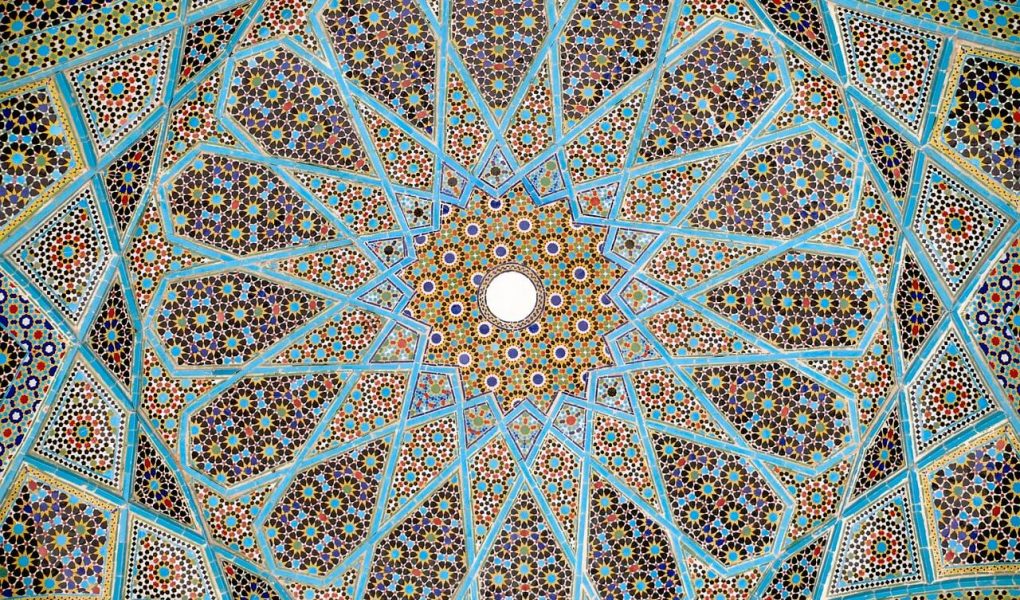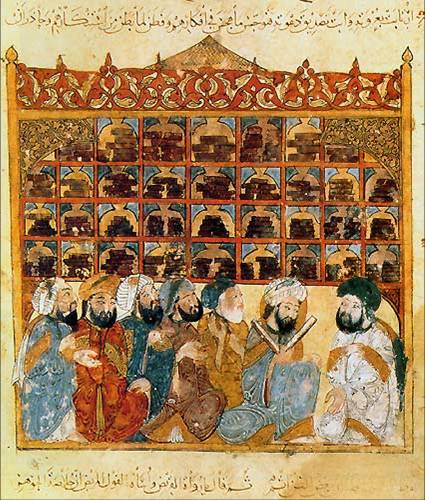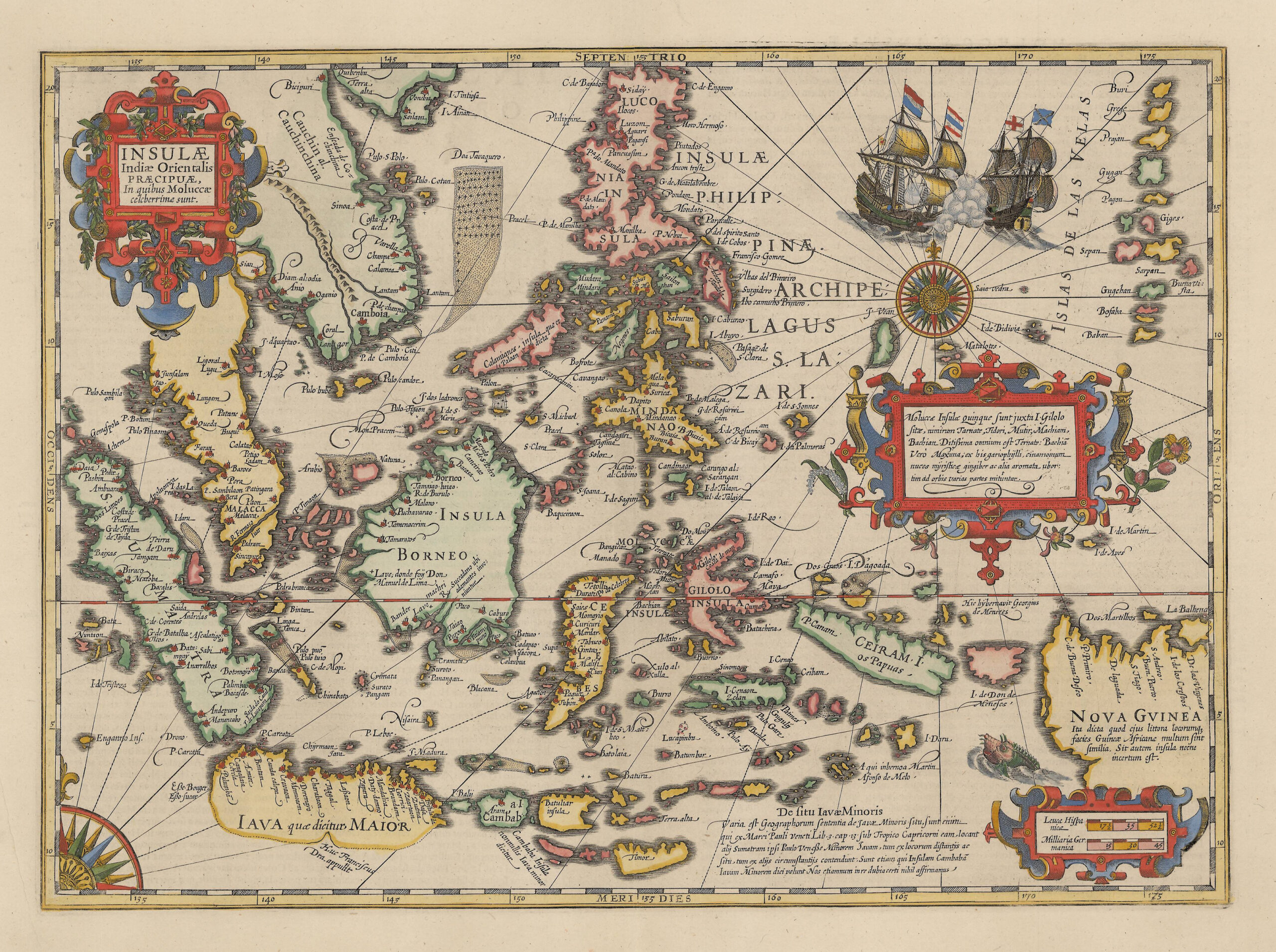Programmes Offered
PROGRAMME DETAILS
INFORMATION BEFORE REGISTERING FOR THE PROGRAMME
DOCTOR OF PHILOSOPHY IN
ISLAMIC THOUGHT AND CIVILISATION (RESEARCH)
ISLAMIC THOUGHT AND CIVILISATION (RESEARCH)
Course Period : 3 Years
Start Date : N/A
Average Fee per Semester :
RM 2737.50 (Malaysian)
RM 5185.00 (International)
MASTER OF ARTS IN
ISLAMIC THOUGHT AND CIVILISATION (RESEARCH)
ISLAMIC THOUGHT AND CIVILISATION (RESEARCH)
Course Period : 2 -4 Years
Start Date : N/A
Average Fee per Semester :
RM 1587.50 (Malaysian)
RM 4185.00 (International)
RM 1587.50 (Malaysian)
RM 4185.00 (International)
MASTER OF ARTS IN
ISLAMIC THOUGHT AND CIVILISATION (MIXED MODE)
ISLAMIC THOUGHT AND CIVILISATION (MIXED MODE)
Course Period : 2 -4 Years
Start Date : N/A
Average Fee per Semester :
RM 1587.50 (Malaysian)
RM 4185.00 (International)
RM 1587.50 (Malaysian)
RM 4185.00 (International)
Doctor of Philosophy in Islamic Thought and Civilisation (Research)
PROGRAMME DESCRIPTION
The aim of the Doctor of Philosophy in Islamic Thought and Civilisation (Research) programme is to produce graduates with advanced, comprehensive and integrated knowledge, and are highly critical with skills and attitudes capable of becoming researchers, teachers/trainers, and/or consultants/practitioners in Islamic Thought and Civilisational studies who consider local and international contexts in their areas of expertise.
The aim of the Doctor of Philosophy in Islamic Thought and Civilisation (Research) programme is to produce graduates with advanced, comprehensive and integrated knowledge, and are highly critical with skills and attitudes capable of becoming researchers, teachers/trainers, and/or consultants/practitioners in Islamic Thought and Civilisational studies who consider local and international contexts in their areas of expertise.
PROGRAMME OBJECTIVES
The educational objectives of the Doctor of Philosophy in Islamic Thought and Civilisation (Research) programme is to produce graduates in Islamic Thought and Civilisation who can :
The educational objectives of the Doctor of Philosophy in Islamic Thought and Civilisation (Research) programme is to produce graduates in Islamic Thought and Civilisation who can :
- Provide students and society in general with advanced and detailed understanding of the increasingly complex situation in the world today where Islamic ideas play a highly significant role.
- Pioneer opportunities and breakthroughs for specializations in major areas ofIslamic Thought and Civilisation while being flexible and interdisciplinary in the areas of studies, according to individual and societal needs and interests.
- Endeavour future intellectual efforts in higher education to contribute to Islamic civilisation through knowledge, science and scholarship.
ENTRY REQUIREMENTS
- A relevant Master’s degree with good grades from IIUM or any other accredited institution of higher learning; or
- Any other accredited institution of higher learning; or
- Any other appropriate qualifications that are recognized as equivalent to a Master’s degree by the Senate of IIUM; and
- Proficient in English Language (IELTS 6.0 or TOEFL 570) or the IIUM administered English Placement Test (EPT).
- Prospective students without sufficient academic background in their chosen field of study may be required to audit or complete prerequisite courses relevant to their thesis research, as determined by the selection committee
EMPLOYMENT AREAS
- Academia;
- Research Organisations;
- Relevant Civil Service Agencies.
DURATION OF STUDY


PROGRAMME STRUCTURE
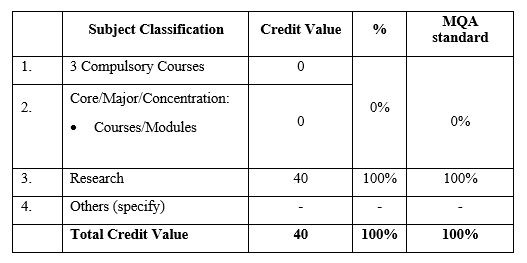

LIST OF COURSES FOR THE PROGRAMME
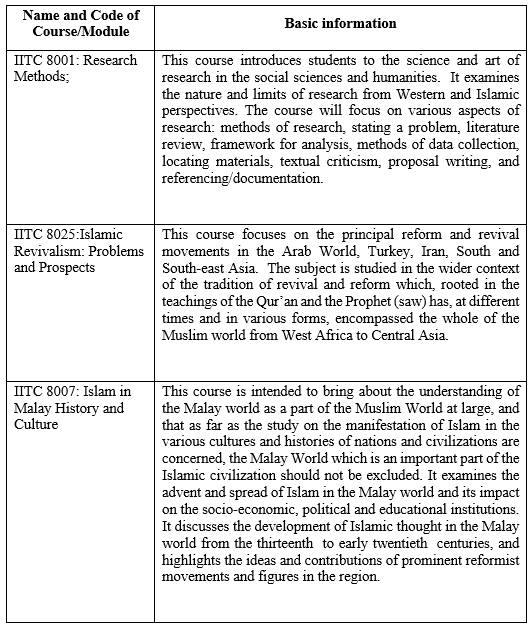

Master of Arts in Islamic Thought and Civilisation (Research)
PROGRAMME DESCRIPTION
The aim of the Master of Arts in Islamic Thought and Civilisation programme is to produce graduates with scientific, comprehensive and integrated knowledge, skills and attitudes who are capable of becoming researchers, teachers/trainers, and/or consultants/practitioners in Islamic Thought and Civilisational studies who consider local and international contexts in their areas of expertise.
ISTAC is offering this programme either by research or mixed mode.
The aim of the Master of Arts in Islamic Thought and Civilisation programme is to produce graduates with scientific, comprehensive and integrated knowledge, skills and attitudes who are capable of becoming researchers, teachers/trainers, and/or consultants/practitioners in Islamic Thought and Civilisational studies who consider local and international contexts in their areas of expertise.
ISTAC is offering this programme either by research or mixed mode.
PROGRAMME OBJECTIVES
The educational objectives of the Master of Arts in Islamic Thought and Civilisation programme is to produce graduates in Islamic Thought and Civilisation who can :
The educational objectives of the Master of Arts in Islamic Thought and Civilisation programme is to produce graduates in Islamic Thought and Civilisation who can :
- Provide society with an understanding of the increasingly complex situation in the world today where Islamic ideas play a very significant role.
- Develop specialization in major areas of Islamic Thought and Civilisation with flexibility in the areas of concentration of studies, according to individual and societal needs and interests.
- Facilitate contribution to Islamic civilisation through knowledge, science and scholarship.
ENTRY REQUIREMENTS
- Good bachelor degree or equivalent professional qualification; or
- Obtained a CGPA of 2.7 and above in a related field; and
- Proficient in English Language (IELTS 6.0 or TOEFL 570) or the IIUM administered English Placement Test (EPT).
- Prospective students without sufficient academic background in their chosen field of study may be required to audit or complete prerequisite courses relevant to their thesis research, as determined by the selection committee
EMPLOYMENT AREAS
- Academia;
- Research Organisations;
- Relevant Civil Service Agencies.
DURATION OF STUDY


PROGRAMME STRUCTURE


LIST OF COURSES FOR THE PROGRAMME


Master of Arts in Islamic Thought and Civilisation (Mixed Mode)
PROGRAMME DESCRIPTION
The aim of the Master of Arts in Islamic Thought and Civilisation programme is to produce graduates with scientific, comprehensive and integrated knowledge, skills and attitudes who are capable of becoming researchers, teachers/trainers, and/or consultants/practitioners in Islamic Thought and Civilisational studies who consider local and international contexts in their areas of expertise.
ISTAC is offering this programme either by research or mixed mode.
The aim of the Master of Arts in Islamic Thought and Civilisation programme is to produce graduates with scientific, comprehensive and integrated knowledge, skills and attitudes who are capable of becoming researchers, teachers/trainers, and/or consultants/practitioners in Islamic Thought and Civilisational studies who consider local and international contexts in their areas of expertise.
ISTAC is offering this programme either by research or mixed mode.
PROGRAMME OBJECTIVES
The educational objectives of the Master of Arts in Islamic Thought and Civilisation programme is to produce graduates in Islamic Thought and Civilisation who can :
The educational objectives of the Master of Arts in Islamic Thought and Civilisation programme is to produce graduates in Islamic Thought and Civilisation who can :
- Provide society with an understanding of the increasingly complex situation in the world today where Islamic ideas play a very significant role.
- Develop specialization in major areas of Islamic Thought and Civilisation with flexibility in the areas of concentration of studies, according to individual and societal needs and interests.
- Facilitate contribution to Islamic civilisation through knowledge, science and scholarship.
ENTRY REQUIREMENTS
- Good bachelor degree or equivalent professional qualification; or
- Obtained a CGPA of 2.7 and above in a related field; and
- Proficient in English Language (IELTS 6.0 or TOEFL 570) or the IIUM administered English Placement Test (EPT).
- Prospective students without sufficient academic background in their chosen field of study may be required to audit or complete prerequisite courses relevant to their thesis research, as determined by the selection committee
EMPLOYMENT AREAS
- Academia;
- Research Organisations;
- Relevant Civil Service Agencies.
DURATION OF STUDY


PROGRAMME STRUCTURE


LIST OF COURSES FOR THE PROGRAMME



